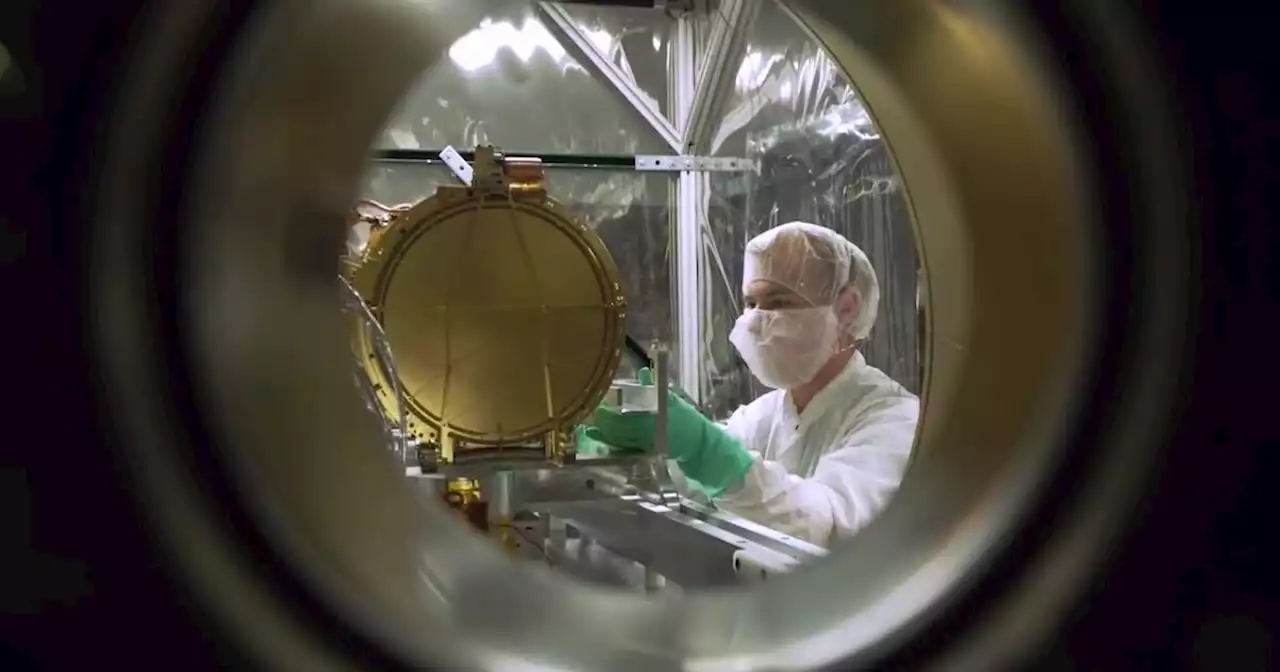CU Boulder scientist are celebrating the completion of a space instrument that will travel to Jupiter’s icy moon, Europa and determine if it can sustain life. via JessicaDenver7
Designed and built at the Laboratory for Atmospheric and Space Physics on the CU Boulder campus, the $50 million SUDA instrument — or Europa Surface Dust Analyzer — will travel aboard a NASA spacecraft and travel 1.9 billion miles across our solar system.
Scientist believe Europa has a vast ocean that contains more saltwater than our oceans here on Earth. SUDA will analyze particles without touching the surface and determine if those liquid oceans could harbor conditions for suitable life. Engineers made sure to send a little bit of Colorado out into space by engraving an image of Ralphie, CU Boulder's mascot, on the SUDA instrument.
United States Latest News, United States Headlines
Similar News:You can also read news stories similar to this one that we have collected from other news sources.
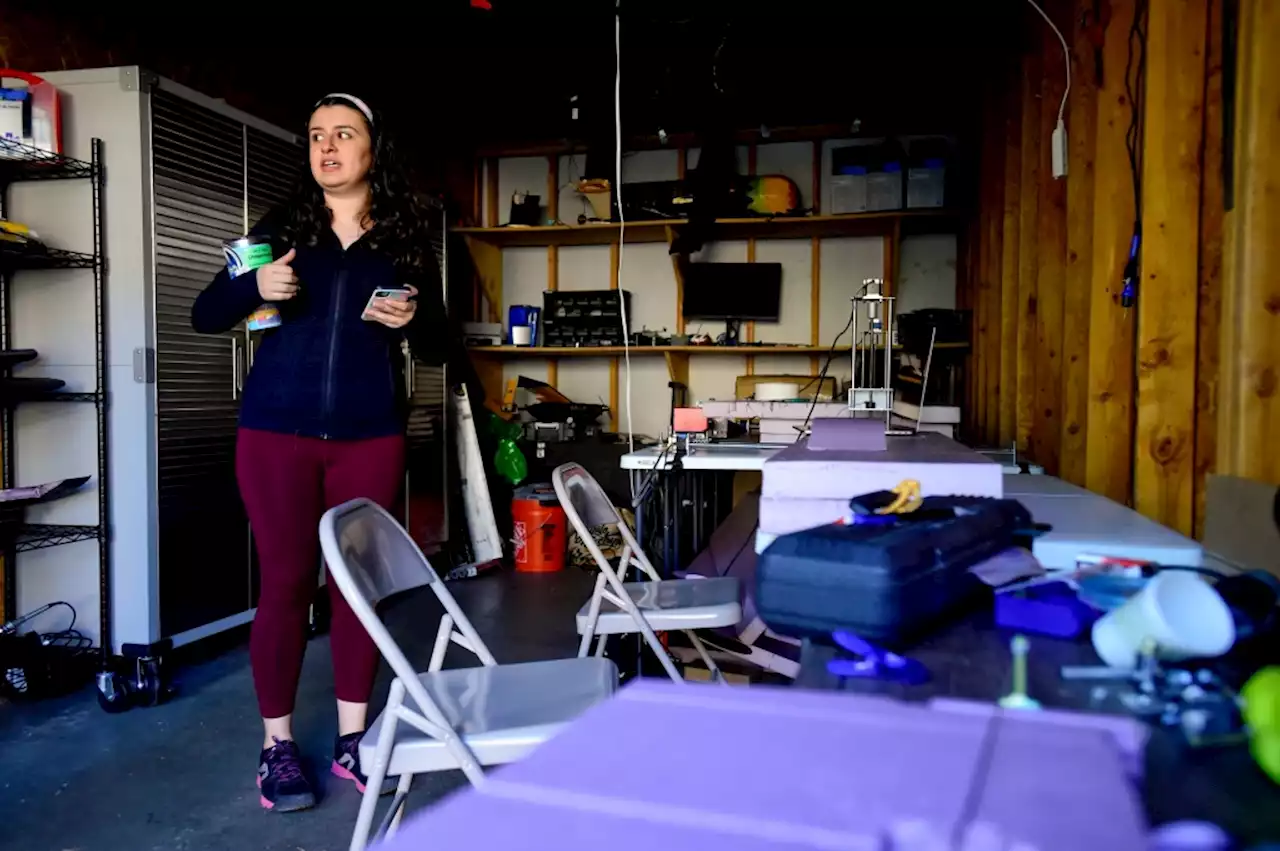 “The first to go”: CU Boulder student clubs lose on-campus working space due to burgeoning enrollmentLast year, enrollment surpassed pre-pandemic numbers at 35,897 — the highest number recorded, according to the campus’ enrollment tracker that dates to 1991.
“The first to go”: CU Boulder student clubs lose on-campus working space due to burgeoning enrollmentLast year, enrollment surpassed pre-pandemic numbers at 35,897 — the highest number recorded, according to the campus’ enrollment tracker that dates to 1991.
Read more »
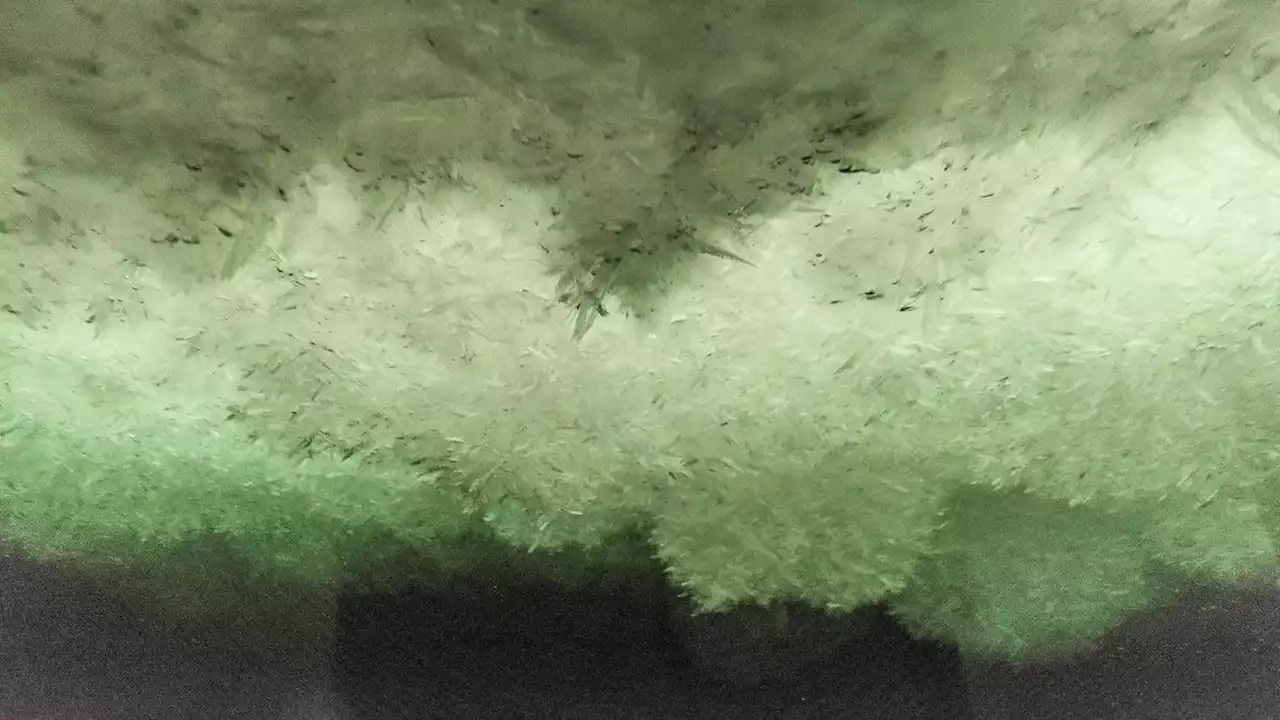 Europa's icy shell may be made from pure underwater snowThe shell of Jupiter's ice moon may form from upside-down snowstorms.
Europa's icy shell may be made from pure underwater snowThe shell of Jupiter's ice moon may form from upside-down snowstorms.
Read more »
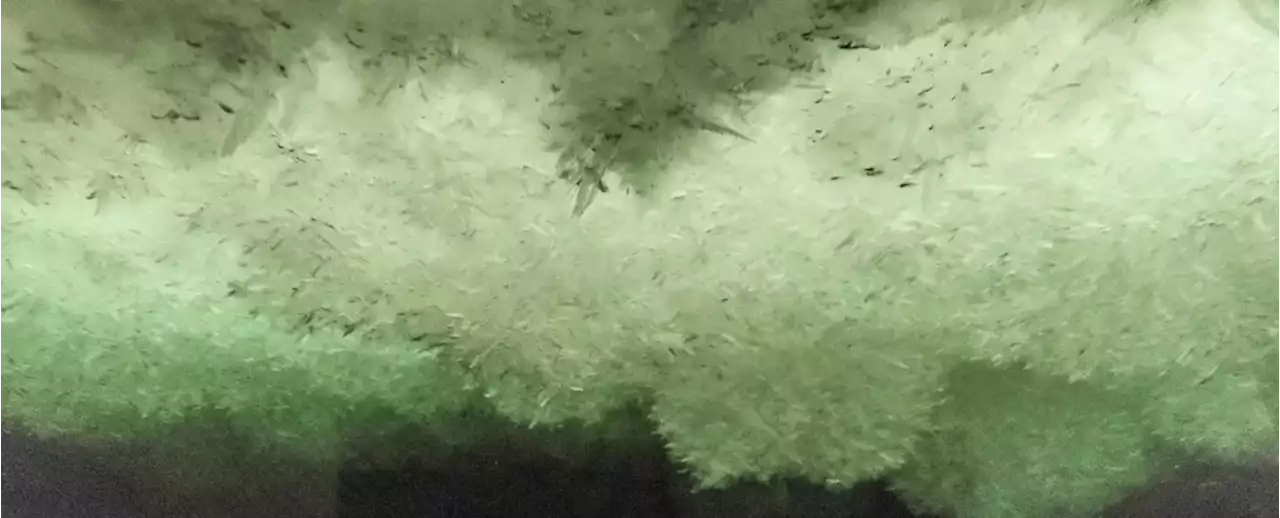 Jupiter's Ice Moon Europa Probably Has Upside Down, Underwater SnowThe shell of Jupiter's famous ice moon may be formed, in part, by pure underwater snow that floats up instead of falling down.
Jupiter's Ice Moon Europa Probably Has Upside Down, Underwater SnowThe shell of Jupiter's famous ice moon may be formed, in part, by pure underwater snow that floats up instead of falling down.
Read more »
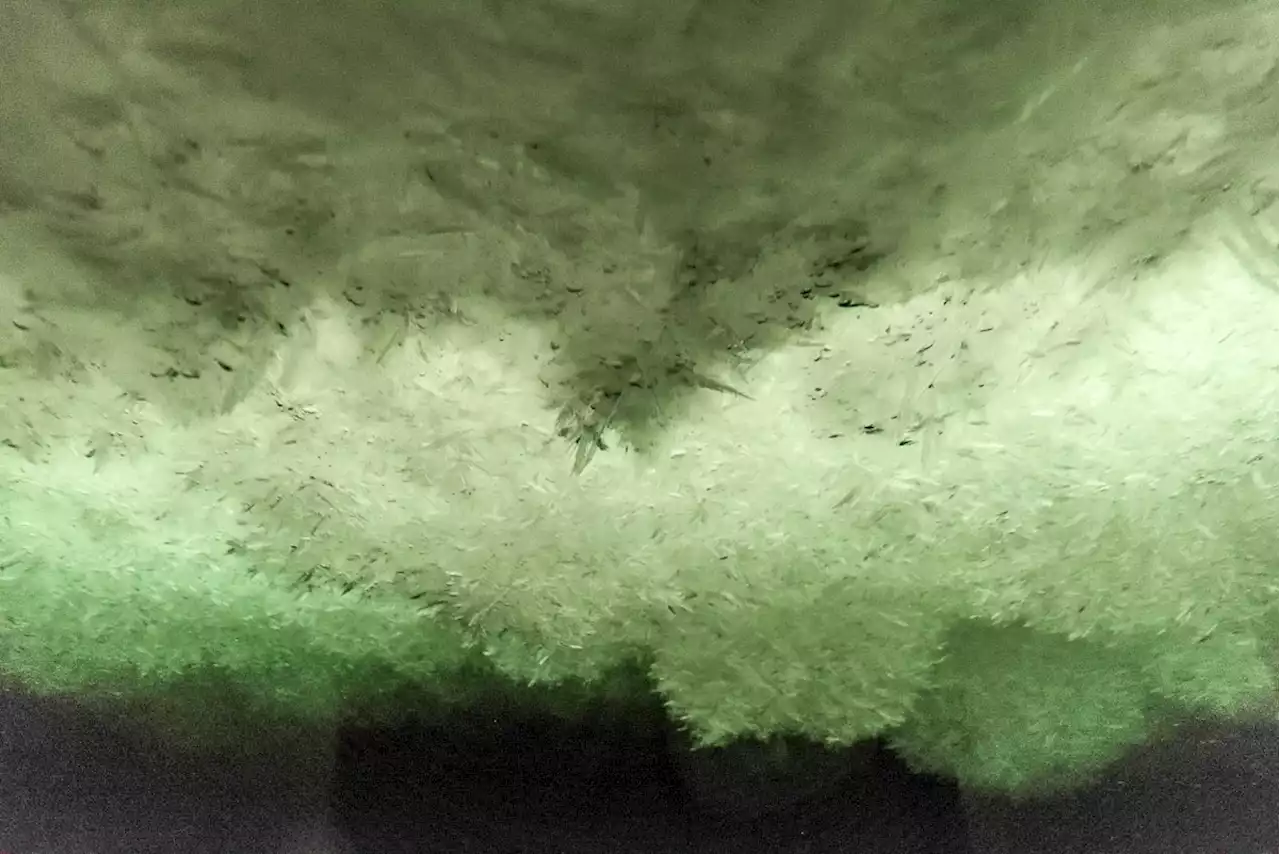 Bizarre Underwater Snow Gives Clues About the Icy Shell of Jupiter’s Moon EuropaBelow the thick icy crust of Jupiter's moon Europa is a massive, global ocean where the snow floats upwards onto inverted ice peaks and submerged ravines. Bizarre underwater snow is known to occur below ice shelves on Earth, but new research shows that the same is likely true for Jupiter’s moon. In
Bizarre Underwater Snow Gives Clues About the Icy Shell of Jupiter’s Moon EuropaBelow the thick icy crust of Jupiter's moon Europa is a massive, global ocean where the snow floats upwards onto inverted ice peaks and submerged ravines. Bizarre underwater snow is known to occur below ice shelves on Earth, but new research shows that the same is likely true for Jupiter’s moon. In
Read more »
